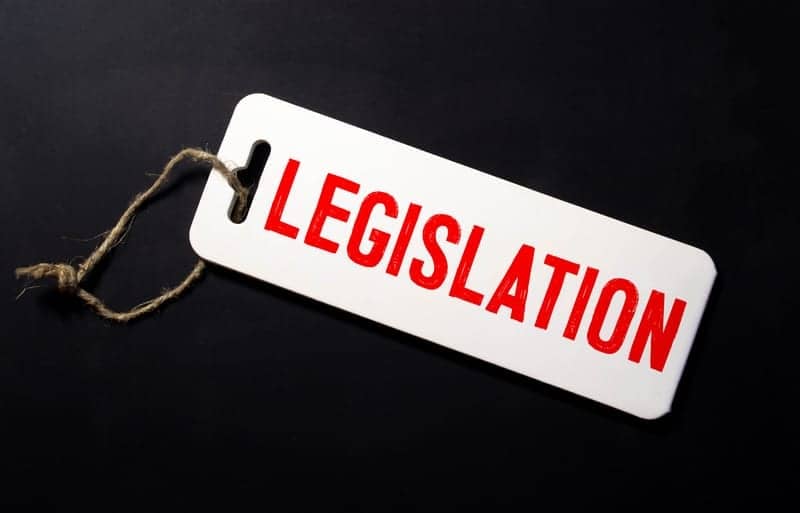US Senators Tom Carper (D-Del), senior member of the Senate Finance Committee, and John Barrasso (R-Wyo) recently introduced legislation (Senate Bill 5) to make it easier for Medicare Part B beneficiaries to see a licensed physical therapy assistant (PTA) or occupational therapy assistant (OTA), improving access to PTAs and OTAs.
Millions of Americans, specifically those in rural and underserved areas, currently face unnecessary administrative challenges when seeking physical and occupational therapy services. That’s because right now, PTAs and OTAs working in private practice cannot see their patients without their supervisors physically on site at all times. The Carper/Barrasso legislation would enable these skilled professionals to continue to care for their patients, even if their supervisor cannot be there in person. This means more therapy care teams can help people get the services they need right when they need it.
“Medicare Part B beneficiaries in Delaware—and every state—should have ample access to physical and occupational therapy services. Yet unnecessary administrative burdens stand in the way of ensuring millions of Americans, especially those in rural and underserved areas, get the care they need,” says Carper. “By making Medicare’s requirements for skilled physical and occupational therapy assistants consistent with state laws, patients in Delaware will see improved timely access to care. Our bipartisan bill will do just that, and I look forward to working with my colleagues to get this legislation passed as soon as possible.”
“As an orthopedic surgeon, I’ve seen firsthand the importance of therapy services for my patients,” says Barrasso. “Our bill makes it easier for patients in Wyoming to access physical and occupational therapy. I will continue finding bipartisan solutions so patients, especially seniors on Medicare, can get the care they need.”
“The American Physical Therapy Association is grateful to Senators Carper and Barrasso for their leadership on this bipartisan legislation to improve patient access to care, especially in rural and underserved areas,” says APTA President Roger Herr, PT, MPA. “According to an independent, non-partisan study published by the firm Dobson Davanzo & Associates, the cost savings this legislation will bring are projected to be as much as $271 million. The changes will also reduce administrative burden and provide helpful flexibilities for physical therapists in small businesses. Lastly, changing supervision requirement allows physical therapist assistants to practice at the top of their license, recognizing the valuable role they play in the health care system and providing critical support to therapy clinics.”
If enacted, the change that would provide better access to PTAs and OTAs would take effect on July 1, 2023.





